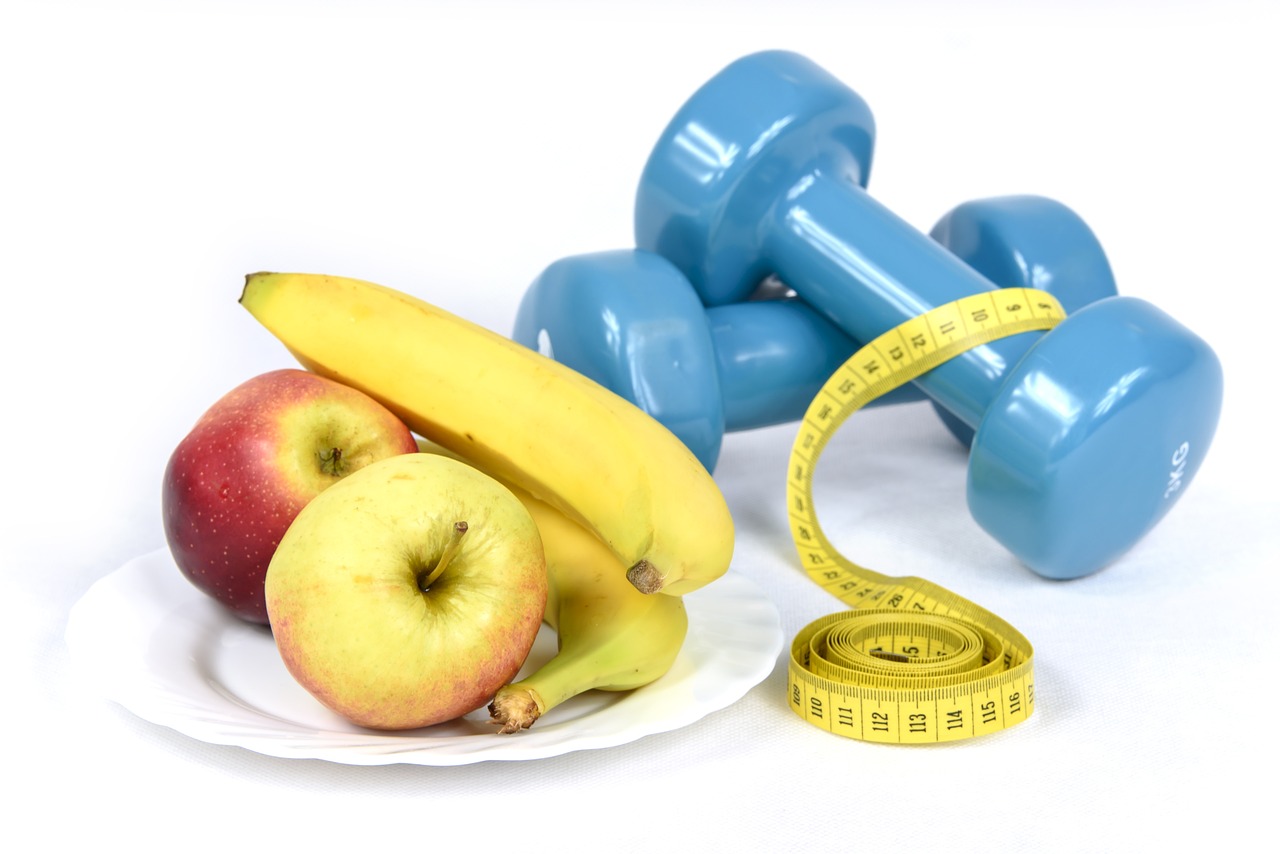The Athlete’s Diet: A Scientific Approach to Sports Nutrition
An athlete’s journey to peak performance is a multifaceted endeavour, and sports nutrition lies at its heart. This field combines the principles of nutrition and exercise science to promote optimal training, performance, and recovery. Our article will delve into the science of sports nutrition and provide insights into how the right nutrition strategies can enhance athletic performance.
What role do macro and micronutrients play?
Macro and micronutrients are essential components of sports nutrition. They not only provide energy but also support bodily functions and athletic performance.
The three primary macronutrients crucial for athletes are carbohydrates, proteins, and fats. During strenuous activity, the body predominantly relies on carbohydrates for energy. Meanwhile, proteins step in to aid muscle growth and expedite repair. Fats become particularly important as an energy reservoir during sustained, less intense exercise.
Despite their requirement in smaller amounts, micronutrients carry equal importance to macronutrients. These smaller powerhouses, including various vitamins and minerals, are vital players in numerous biological processes such as energy yield, synthesizing haemoglobin, fortifying bone health, boosting the immune system, and defending the body against oxidative harm.
By comprehending the distinct roles of macro and micronutrients, athletes can make well-informed choices about their diet, leading to improvements in their performance and a quicker, more efficient recovery.
Hydration and sports performance
Hydration is another significant aspect of sports nutrition, often underestimated but vital to performance.
Dehydration can impair an athlete’s performance in many ways:
- reducing endurance;
- increasing fatigue;
- impairing heat regulation;
- exacerbating muscle damage.
Sportsmen must maintain an adequate level of hydration before, during, and after exercise to optimize performance and recovery. Staying adequately hydrated is non-negotiable for an athlete aiming for peak performance. A well-planned hydration strategy is as important as a sound nutritional plan.
Nutrient timing and athletic performance
While what an athlete eats is crucial, when they eat is also a significant factor. The concept of nutrient timing revolves around consuming certain nutrients at specific times to optimize athletic performance and recovery.
For instance, consuming a high-quality protein source soon after an intense workout can stimulate muscle protein synthesis. Similarly, carbohydrate consumption post-exercise can replenish glycogen stores, crucial for recovery and performance during subsequent workouts.
Effectively implementing nutrient timing strategies can give athletes a competitive edge, speeding recovery and optimizing energy utilization.
What is the impact of sports nutrition on recovery?
Recovery is an integral part of any training regimen, and sports nutrition significantly impacts this process.
Post-exercise nutrition aids recovery by replenishing glycogen stores, decreasing protein breakdown, and increasing protein synthesis. It is where the consumption of a balanced combination of proteins, carbohydrates, and some fats, along with adequate fluids, becomes crucial. Additionally, certain micronutrients like vitamins C and E may help minimize oxidative stress caused by intense exercise.
By paying careful attention to nutrition post-exercise, athletes can speed recovery, reduce muscle soreness, and improve their overall performance.
Conclusion
The science of sports nutrition is a dynamic and rapidly evolving field. It underscores the importance of fueling the body appropriately to maximize athletic performance and recovery. By understanding and applying the principles of sports nutrition, athletes can gain a significant edge over their competitors. As research in this field continues to grow, athletes will further refine their nutritional strategies, breaking new ground in their quest for peak performance.
We hope our blog post has been helpful for you. If you have any questions or feedback, please let us know. Thank you for reading!
